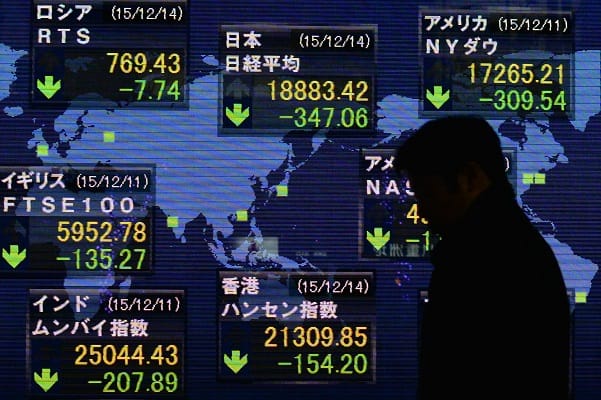The Nikkei 225 index took a sharp dive, falling over 5% at one point, with the tech sector bearing the brunt, while demand for Japanese government bonds surged.
In my view, this dramatic decline is not just a local anomaly but a symptom of broader global risk aversion.
Weak performance in the semiconductor sector has triggered a sell-off in U.S. equity indices, and the dismal July U.S. ISM Manufacturing PMI raises concerns of a “recession trade” taking hold.
These fears are now reverberating through Asia-Pacific risk markets, sparking a sell-off across the board.
However, I reckon the immediate trigger for this risk aversion seems to be Japan’s unexpected rate hike on Wednesday, combined with the hawkish stance of BoJ Governor Ueda. This move hit the Japanese stock market like a bolt from the blue.
From my perspective, this decisive rate hike indicates a level of confidence from the central bank that contrasts sharply with past cautious approaches. With the 0.25% rate still well below the 2.6% June core CPI, Japan’s real interest rate remains negative, keeping policy loose and stimulative. Ueda’s remarks, suggesting that 0.5% is not a cap but potentially just a starting point, further underscore this.
Given Japan’s recent currency interventions and the BoJ’s hawkish turn, I think the market is recalibrating its trust in Japanese monetary authorities. As long as the economy doesn’t take a severe hit, I believe there’s still significant room for further rate hikes. It’s no surprise that traders are heavily shorting the Nikkei 225 in response to these strong signals.
Moreover, I believe Japan’s tightening monetary policy is causing yen appreciation and a reversal of carry trades, putting additional pressure on equity markets. This shift has intensified worries about export-dependent sectors, like automotive and semiconductors. For instance, Tokyo Electron dropped nearly 12% today, and Toyota fell about 8.5% yesterday. Given that exports contribute over one-fifth to Japan’s GDP, I think the move from equities to bonds appears increasingly sensible.
Overall, with the likelihood of further rate hikes and potential negative impacts on Japanese export companies, I believe the Nikkei faces a more pronounced downside risk than upside potential. I reckon watching how the index reacts around the April 19 low of 36,733 will be crucial as we navigate this turbulent period.

